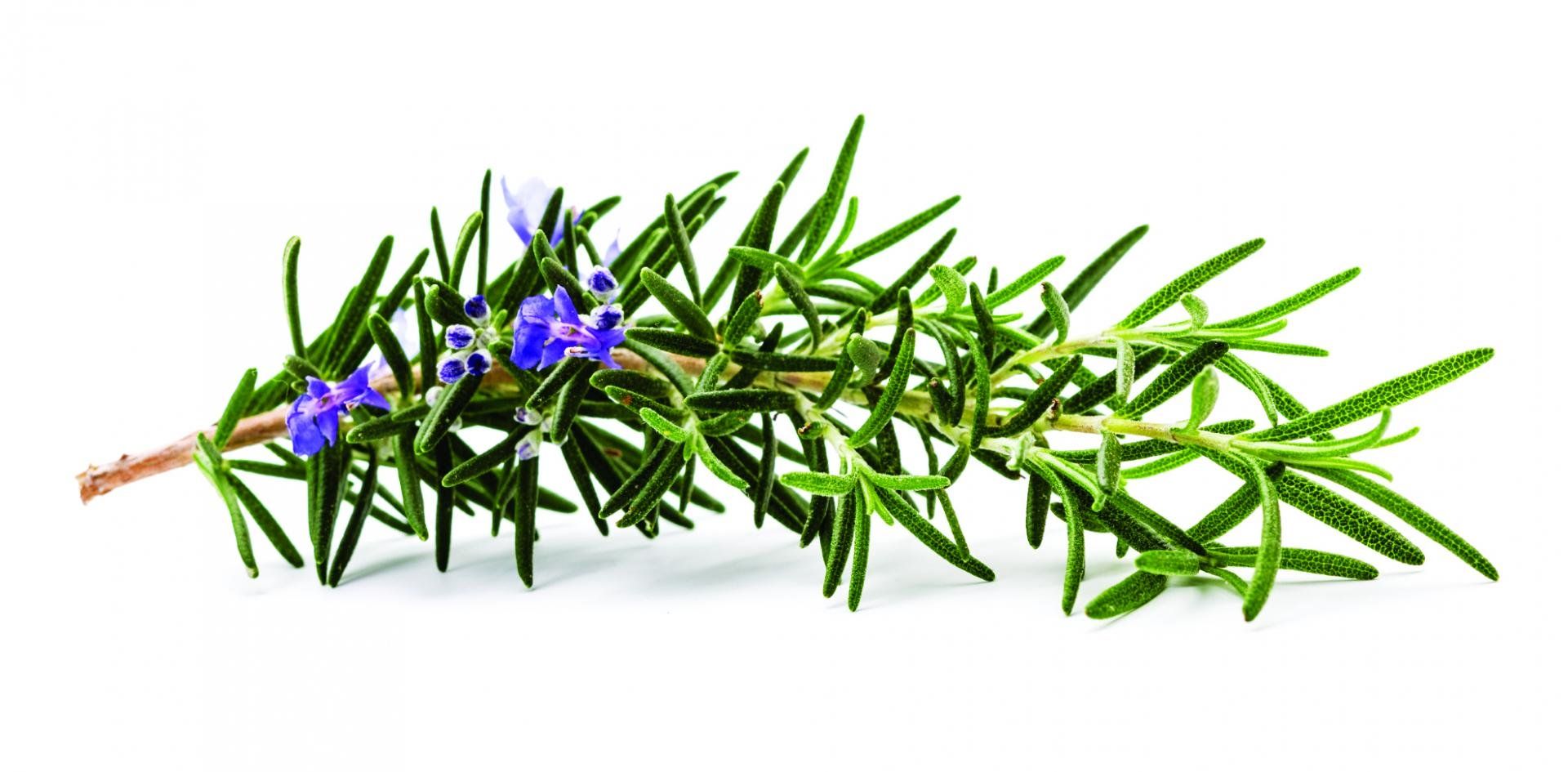Are Essential Oils Tomorrow’s Diabetes Solutions?
USDA researchers uncover diabetes-related secrets behind rosemary, oregano, and marjoram extracts.

Forget the potential of essential oils as preservatives for a moment, because researchers at the USDA and the University of Illinois Urbana-Champaign think some of these plant extracts may actually help control diabetes. The American Chemical Society has a brief on this and has published the team’s results in the Journal of Agricultural and Food Chemistry.
In testing a variety of plant products, researchers discovered that oregano, rosemary, and marjoram extracts all have the ability to inhibit enzymes DPP-IV and/or PTP1B. These enzymes control insulin production in humans, and thus the production of blood glucose-a major factor in diabetes management. Because the researchers say commercial diabetes drugs perform in much the same fashion-inhibiting these enzymes-further supporting research on essential oils could one day open up a new market for alternative and cheaper diabetes management or even treatment.
Growing conditions for the plants may influence the ability of their extracts to perform on insulin-related enzymes, but further research is needed to flesh this out. For the purpose of this study, the researchers sourced each extract from both greenhouse harvests and commercially grown herbs. While there was no clear indication that growing methods influenced each plant’s ability to provide enzyme-inhibiting solutions, greenhouse herbs did contain more polyphenols (gallic acid) and flavonoids (rutin).
Previous research has already suggested potential for herbs to help lower blood glucose, but more work is needed.
Photo ©iStockphoto.com/mashuk
Robby Gardnerâ¨
Associate Editorâ¨
Nutritional Outlook magazine
â¨robby.gardner@ubm.com

Kelker Pharma to launch nutritional support system for GLP-1 medication users that features TriBsyn
December 11th 2024B&D Nutritional Ingredients Inc., an exclusive distribution partner of CarnoSyn Brands and Natural Alternatives International Inc., announced that its customer, Kelker Pharma, will be launching the “first science-backed nutritional support system” for GLP-1 medication users, called Nutrilinq Genesis.
Sirio Pharma launches line of ready-to-market organic gummies and softgels called PureOrganix
August 26th 2024The new line is made up of three gummies and one softgel that are formulated to meet stringent EU-Organic certification criteria, and target women’s health, metabolic health, and heart health.
Recent review states that pentadecanoic acid may support cellular stability for better longevity
June 25th 2024According to the paper’s author, Stephanie Venn-Watson, DVM, MPH, deficiency in pentadecanoic acid of ≤0.2% total circulating fatty acids increases the risk of ferroptosis, which a type of cell death cause by the peroxidation of fragile fatty acids in cell membranes that combines with iron thus increasing reactive oxygen species, and disabling mitochondria.









